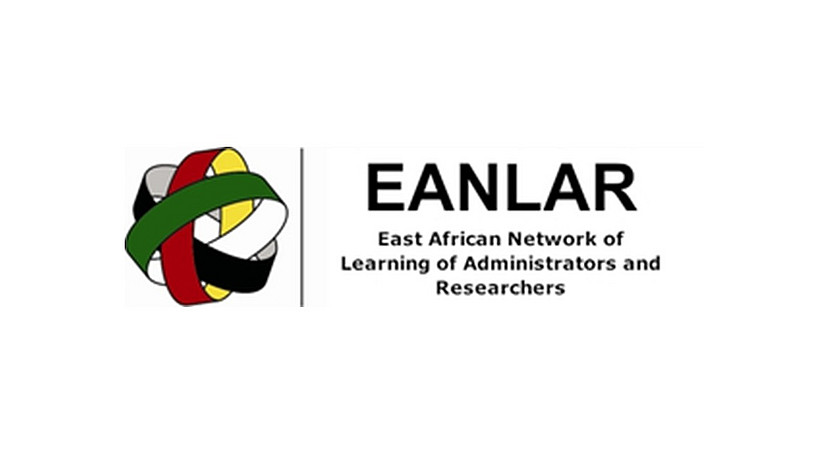EANLAR
Contact
Background
The EANLAR network forms part of a DIES project aiming to support institutional management of higher education by improving the management of international research projects, ensuring quality in process management, involving internal and external stakeholders, and by developing further training possibilities. The DIES partnership also provides an opportunity to deapen existing networks and contacts between German and foreign partner universities in East Africa.
Why?
The initial idea of building an East African Network of Learning for Administrators and Researchers (EANLAR) was generated by the University of Kassel in Germany and Egerton University in Kenya. Meanwhile, the project has considerably expanded and now consists of more than 50 universities in Kenya, Uganda, Tanzania, Rwanda, and Germany.
The administration of third-party funds is often very complex and necessitates a high degree of knowledge to meet all the requirements of the different funding institutions, which often includes a variety of regulations. Even more complicated is the handling of funds within a consortium where third party funds are often transferred from one coordinating institution to several research partners on all continents.
The overall aim of the EANLAR network is manifold. Rather than implementing entirely new structures for the management of internationally funded projects, EANLAR focuses on enhancing and streamlining the existing management structures at universities in East Africa. The idea is to optimize and professionalize the financial administration of international third-party funded research projects, as well as to contribute to the development of insights into the different perspectives of the stakeholders involved: financial administrators (FA), Principal Investigators (PI), but also procurement, human resources and stakeholders outside the universities. Moreover, it is also of vital importance to deepen the insights of German colleagues into the administrative processes in different countries as well as to enhance their intercultural understanding.
During the course of the project, it has been stressed by the participating partners time and time again that they share the same challenges: both in the administration of third-party funded research projects as well as regarding the relationship between PIs (researchers) and FAs (financial administrators).
How?
Importantly, the network is based on a peer-support principle: All parties involved learn from all the other parties – it is a network of mutual exchange and support.
To facilitate the handling of international funds on both sides, a Handbook for and by Finance Administrators was jointly developed and published. This volume specifically focusses on the various administrative processes of the donating and the receiving country while handling third-party funds. The different steps of the management of a research project are analysed and represented in detail. Moreover, a joint internet platform (EANLAR WIKI) has been created. This communication channel is a vital tool for exchanging learning materials, templates, calls for application, best practice examples and lessons learned among East African universities, as well as for posting questions and providing mutual support.
In the first phase of the project, country- and university-specific information was collected to gain a better understanding of management structures and processes. In the second phase, using this information, country-specific guides and targeted training programs were developed that are used within the universities to improve the quality of international fund management.
Furthermore, conferences and workshops with participants from different universities in different countries serve as another decisive means of networking: to strengthen the communication between stakeholders within research projects, such as PIs, and financial administrators. In these events, South-South and North-South-South relationships are fostered, not least by also including the donor perspective by inviting experts from funding institutions. Another aim of the workshops and conferences is to increase the mutual cultural understanding of the participants.
Network
| Uganda | |
| Kenya | |
| Tanzania |

